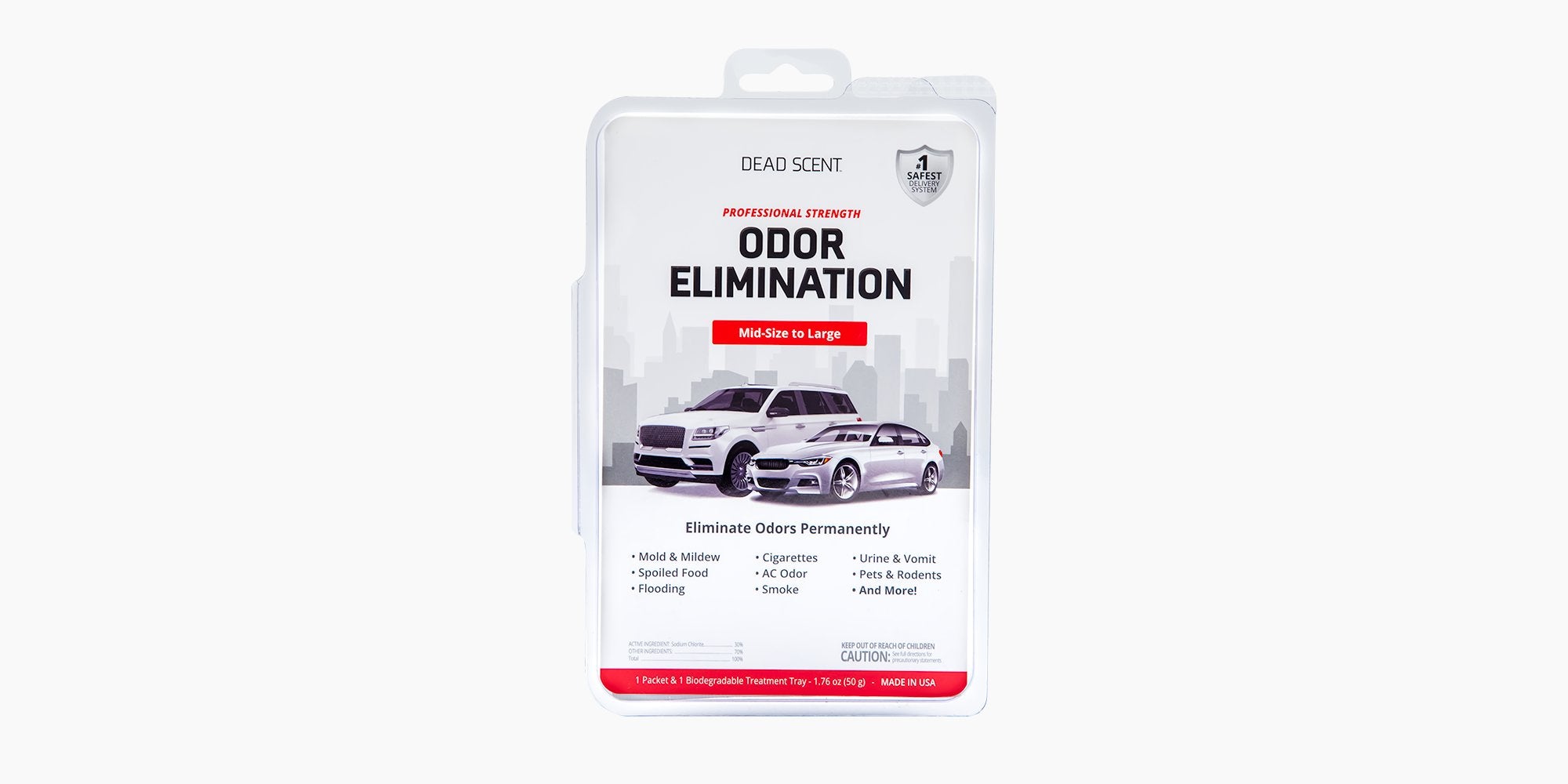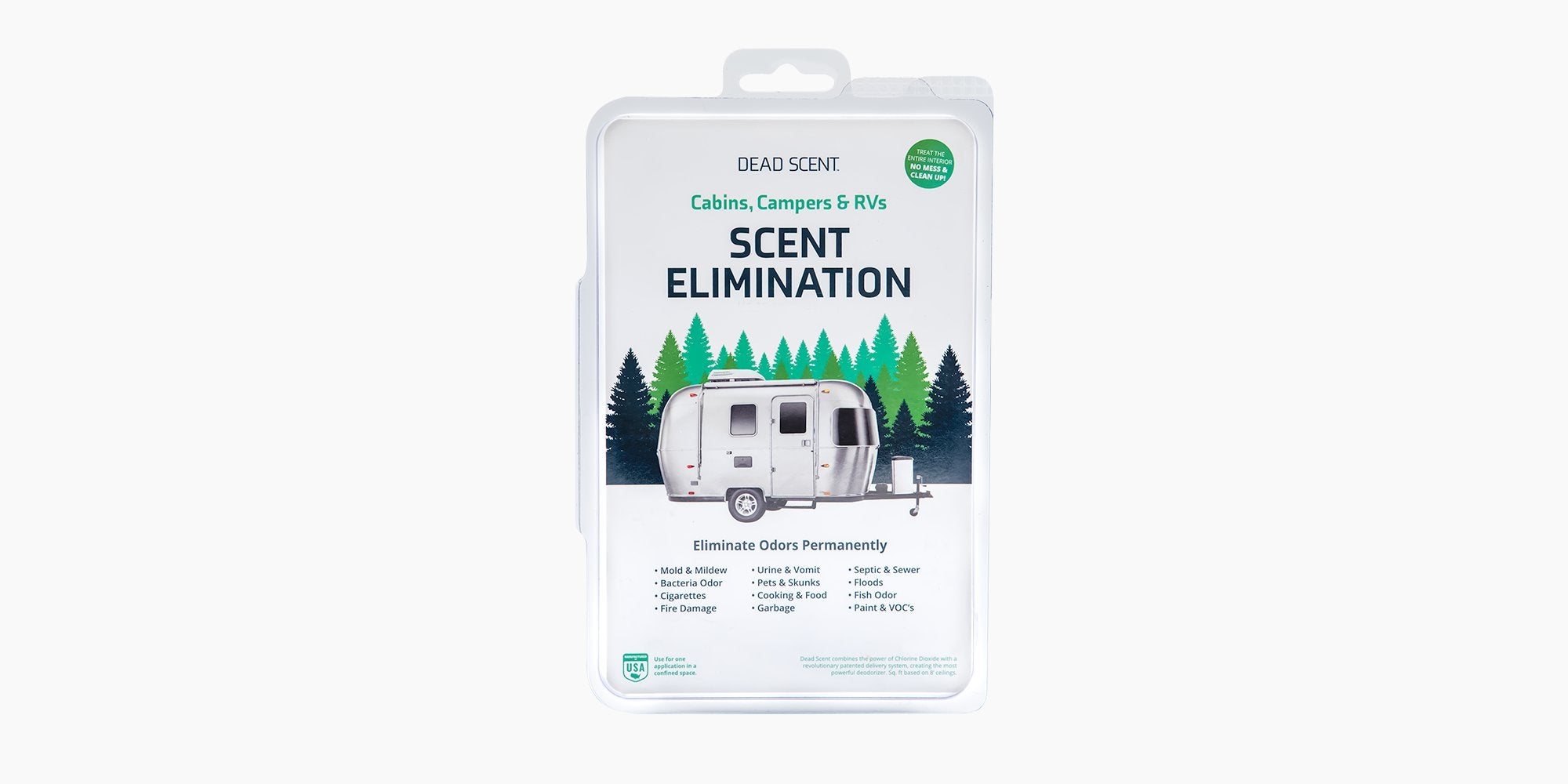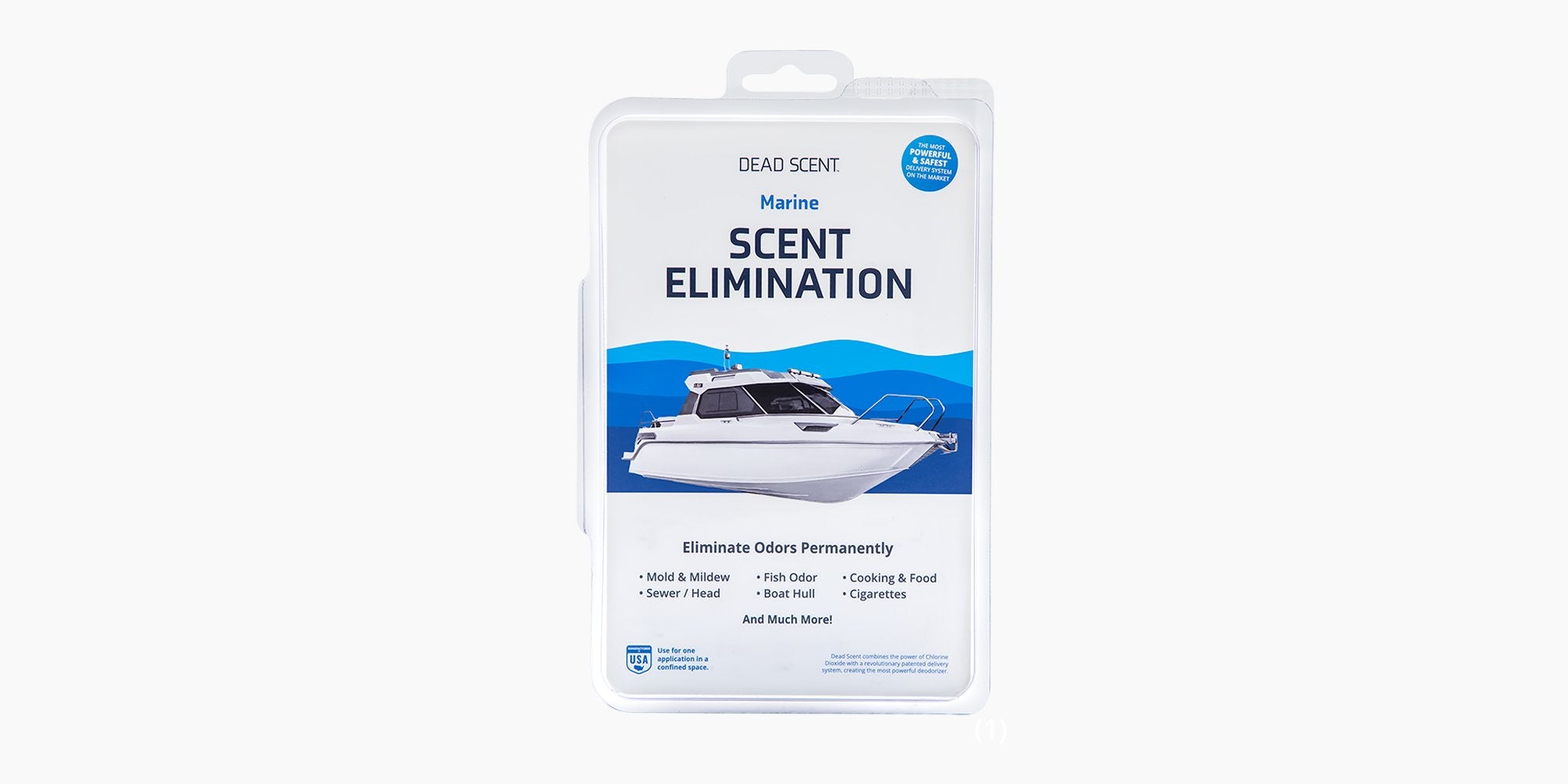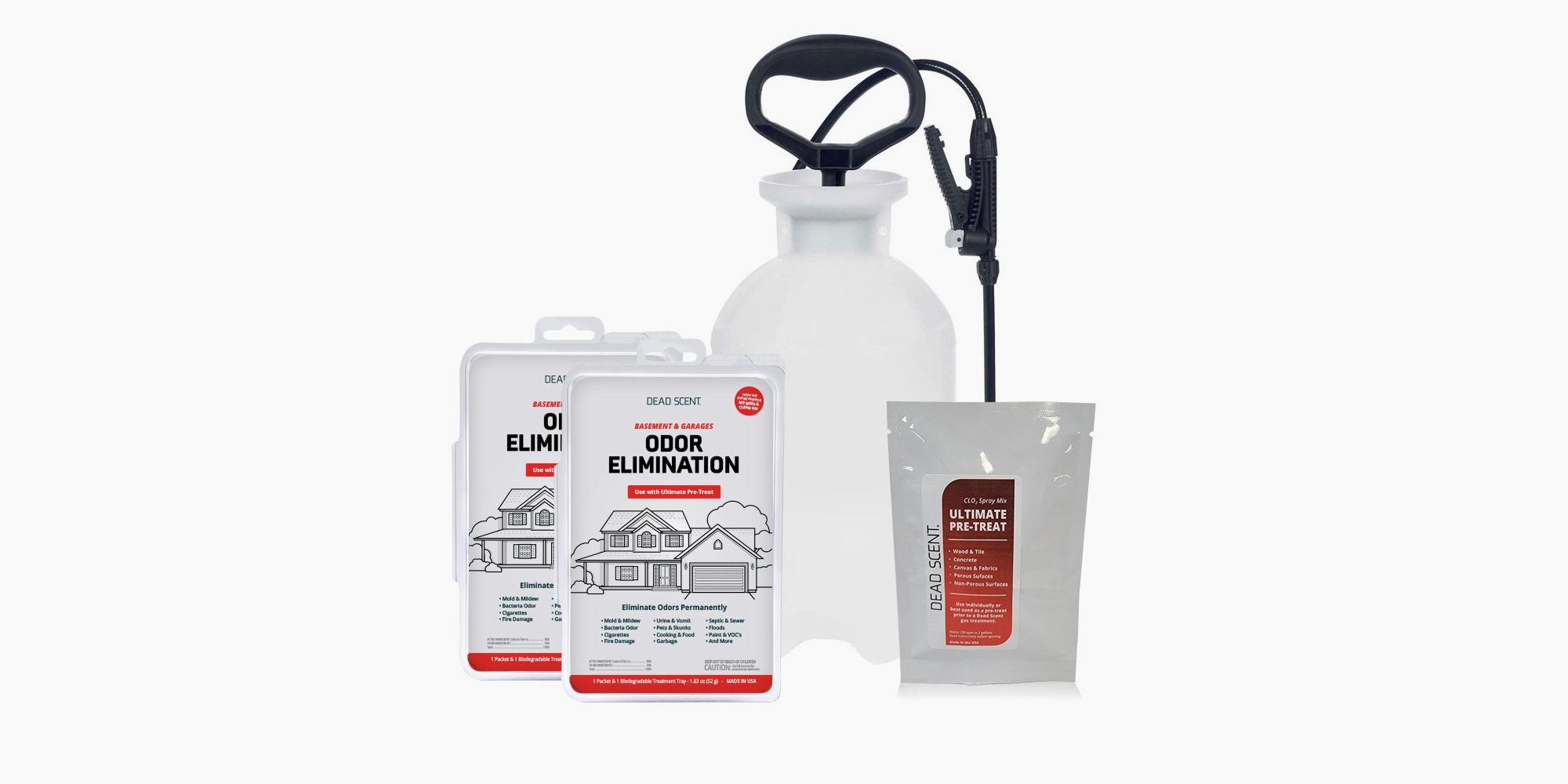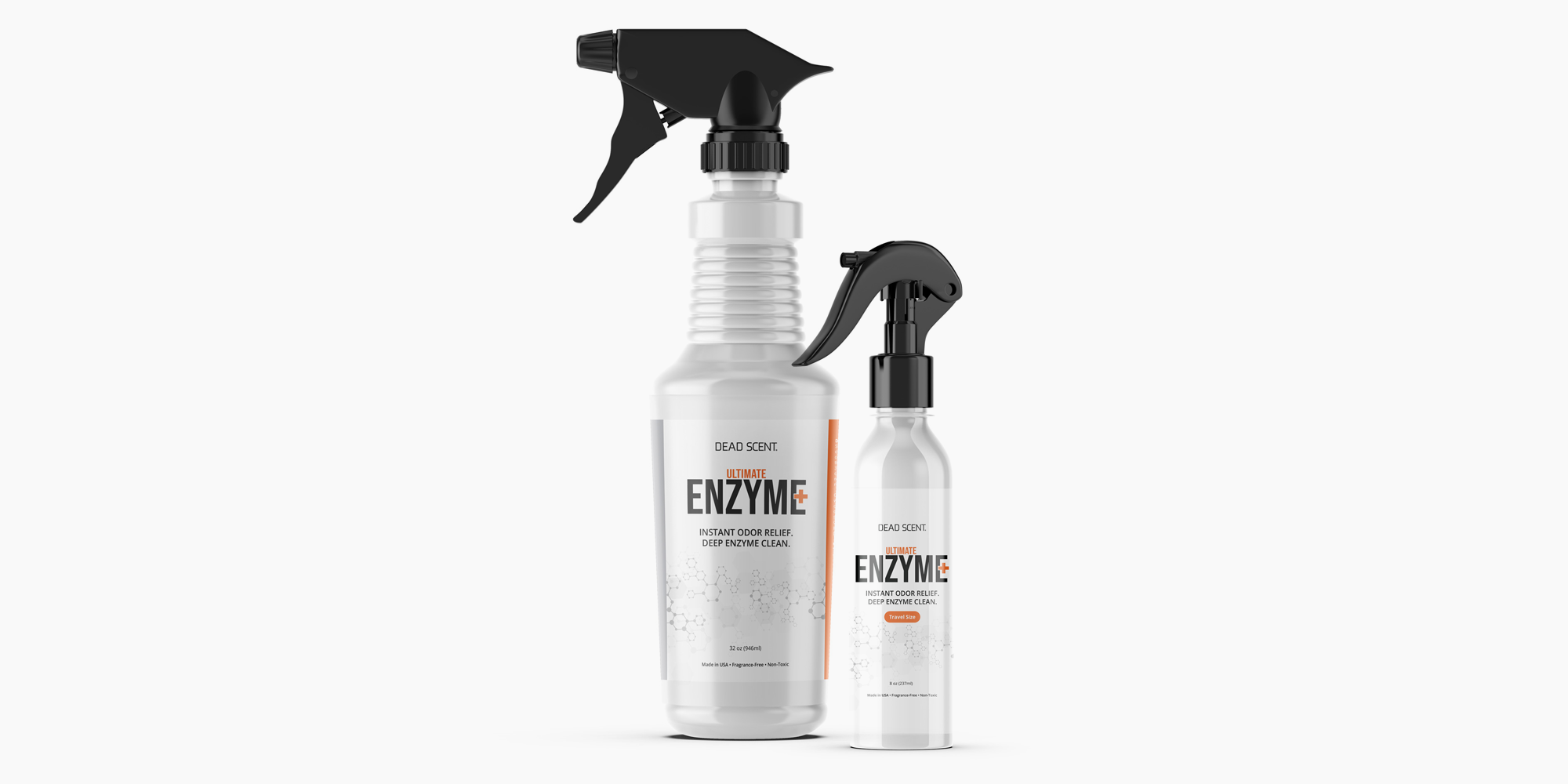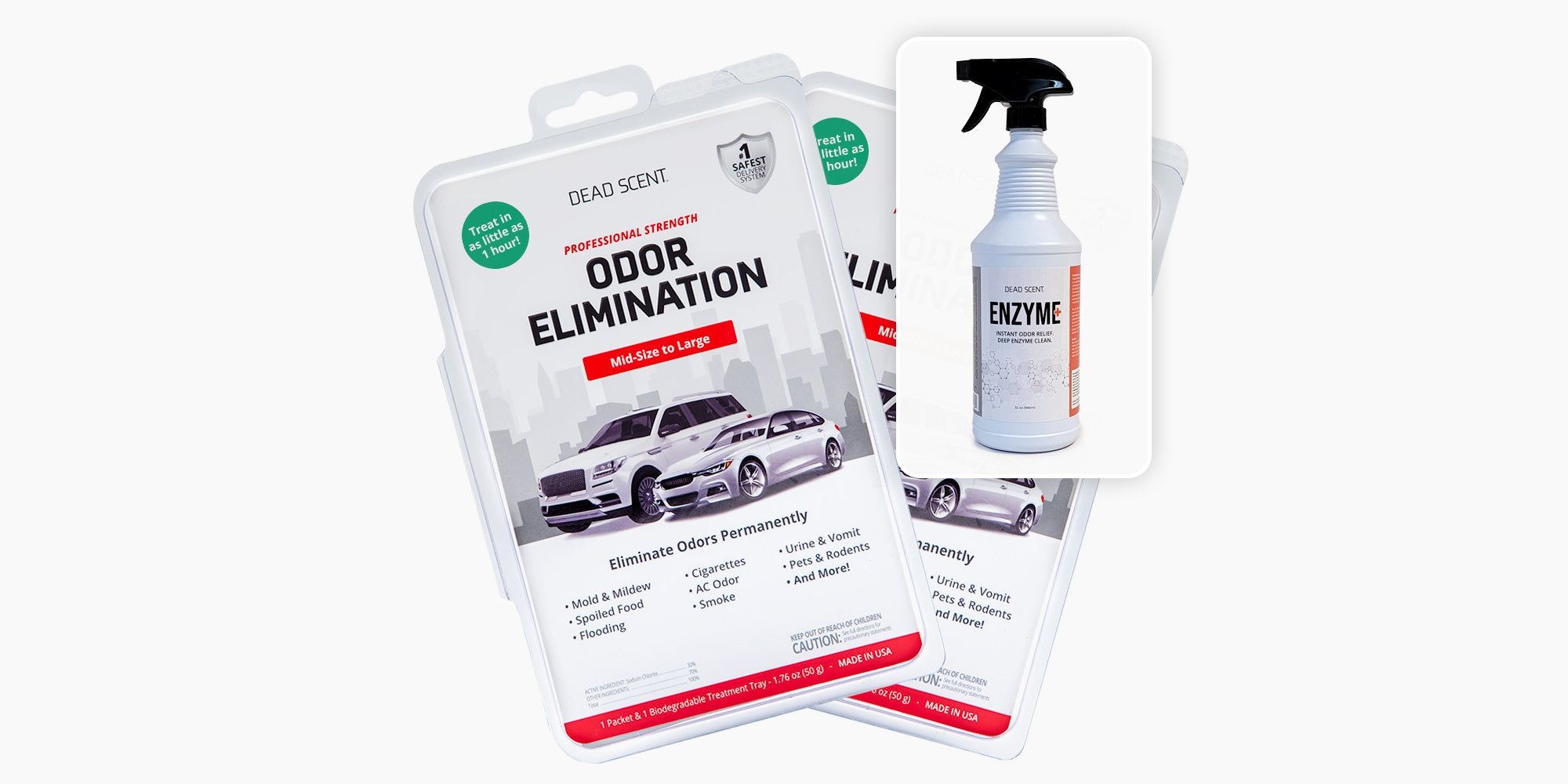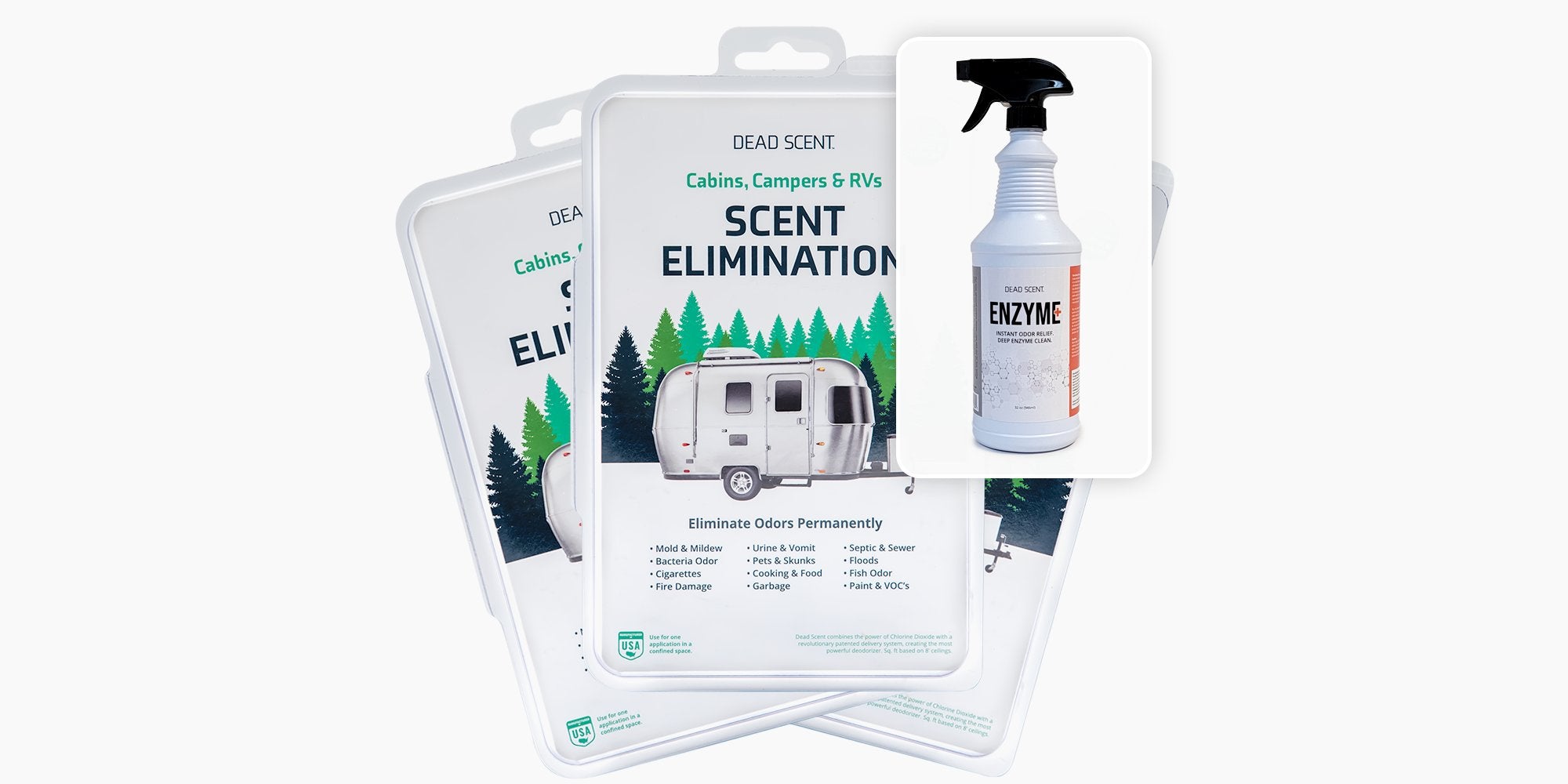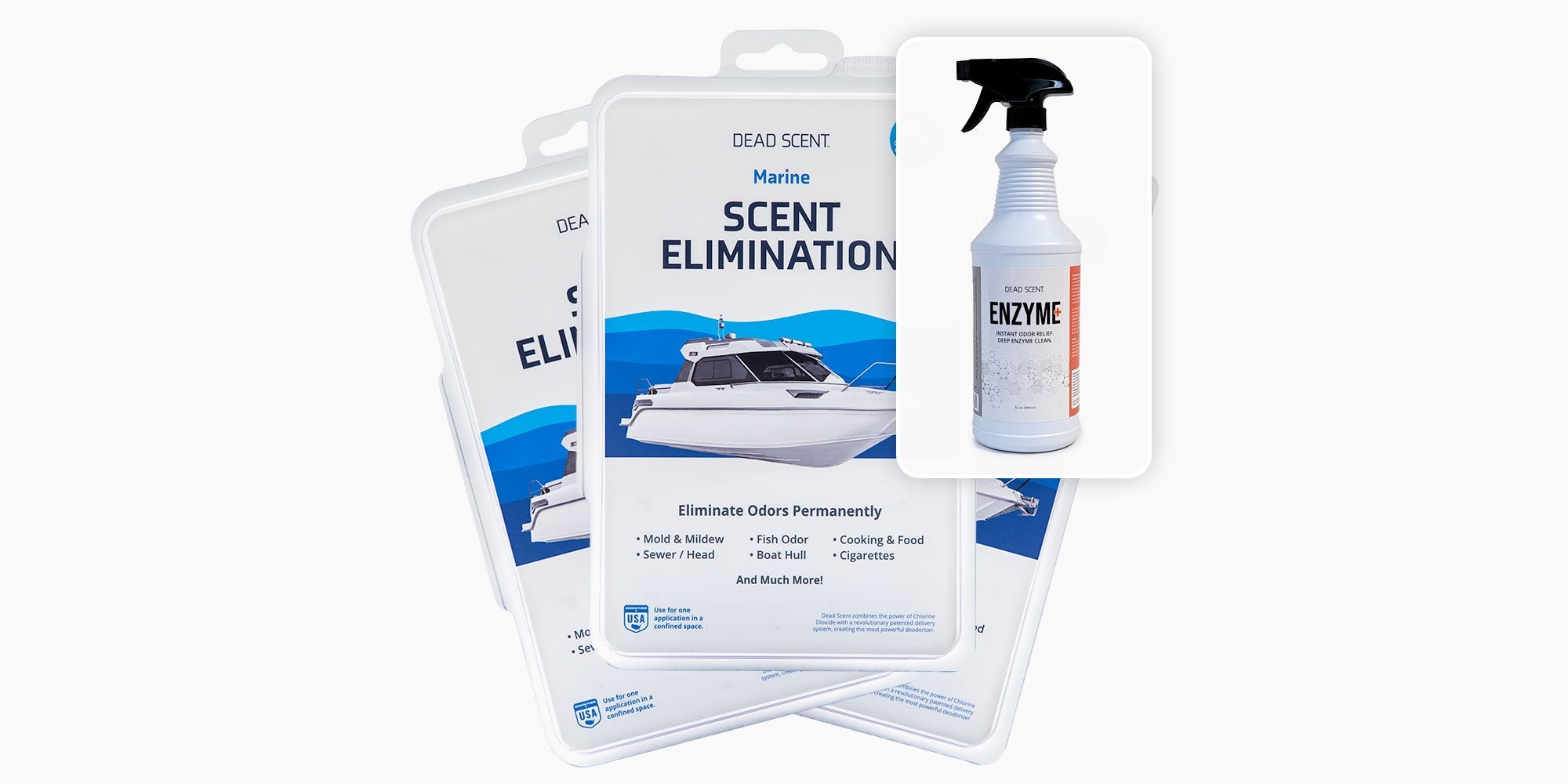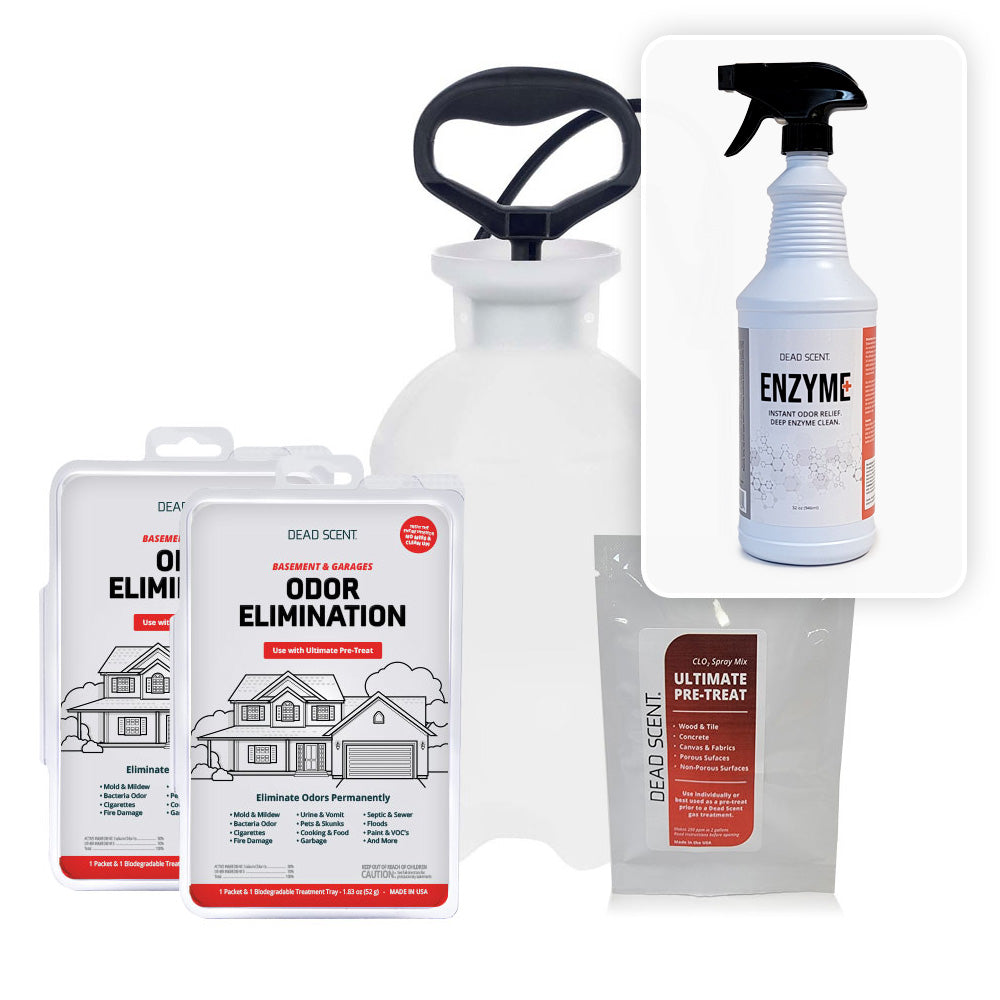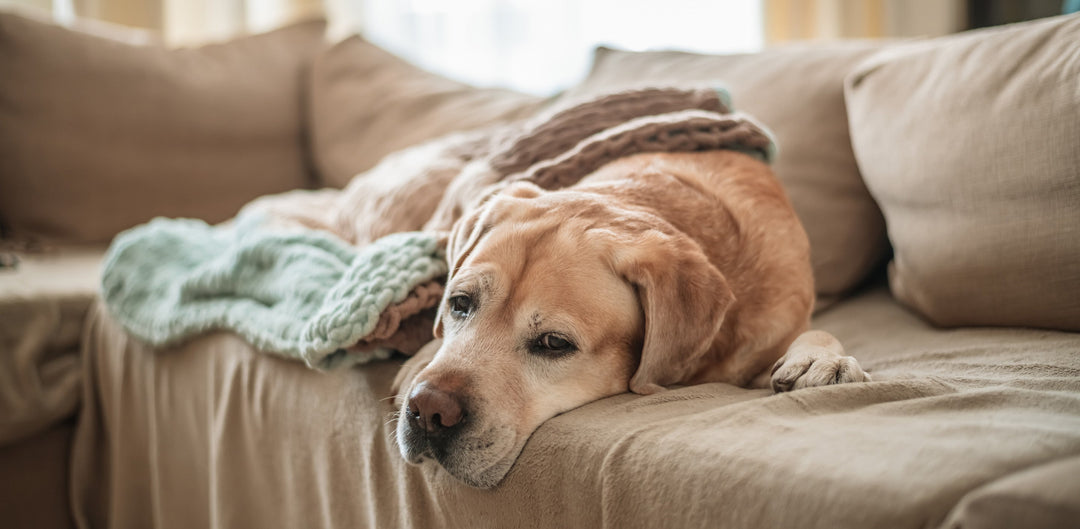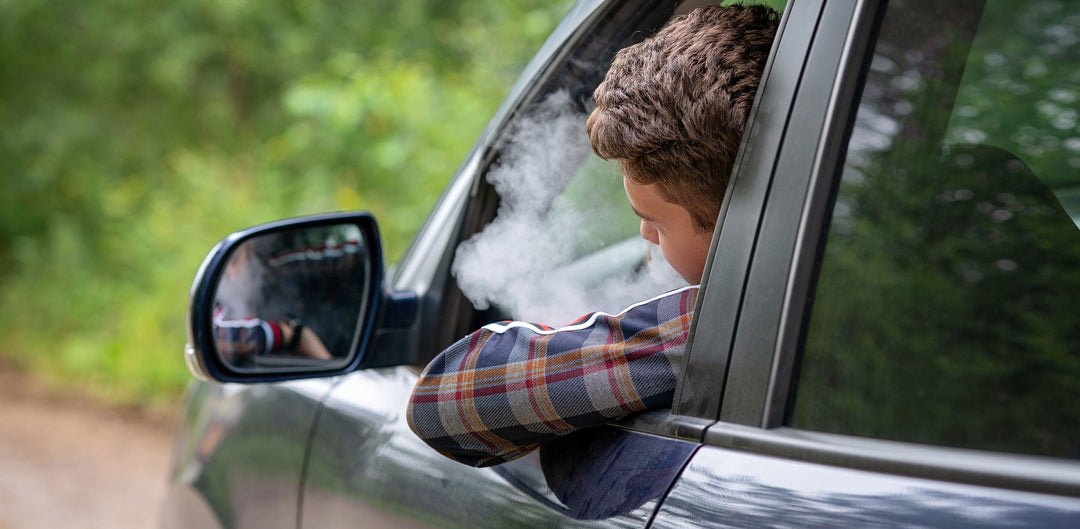Ah, it’s the perfect weather for getting your boat out on the water. You pull her out, open the cabin, and you’re knocked back by the smell.
This isn’t an uncommon occurrence, especially if your boat sits unused for long periods of time. A boat is a perfect environment for all kinds of odor-causing matter to grow and manifest.
Sources of Bad Boat Odors
First, try to find the cause of the bad smell. Knowing the cause of the problem can help you find a solution and the right course of action. Here are some common causes.
- Mold and Mildew
- Dirty Head
- Bilges
- Lazarettes & Hatches
- Leaks
How to Eliminate Causes of Common Boat Smells
Ventilation
Boats tend to exist in moist and humid conditions. It makes sense that combating mold and mildew is an ongoing battle.
Musty smells are usually a sign of mold and mildew.
Start by airing the cabin of your boat out. Lack of ventilation often leads to stale air, and if moisture isn’t managed, mold and mildew can grow.
Wash
After airing things out. Wash seat covers and other linens and fabrics. Wipe down all surfaces.
Check the padding inside seat cushions and mattresses. If wet and damp get to the interior stuffing, mold could grow. In this case, you may need to replace the cushions and/or mattress.
Avoid using air fresheners and other cleaning products that just mask odors. These products might help at first, but the underlying foulness will persist long after the cover scent dissipates.
Clean and Repair the Head
When you are having odor issues due to a dirty or malfunctioning head, it’s an unmistakable smell.
Start by cleaning the toilet. A good clean down can do wonders. Then, read the manufacturer’s directions for pumping the holding tank, flushing with fresh water, and treating the tank and the bowl.
If the stinky smell still persists, you might have an issue with your hoses or have faulty valves. Try replacing the intake and exhaust hoses. You can also invest in a valve rebuild kit.
Clean and Replace Dirty and Faulty Bilges
Bilges can become filled with stagnant water that can lead to come pretty terrible smells. You can run disinfectant through your bilge and lines to help kill any bacteria that has started to grow due to stagnant water.
Clean the area around bilges. You can use a shop vac to remove any standing water. Then, use appropriate cleaners to clean the area.
Regular maintenance, cleaning, and disinfecting can do a lot to help reduce smells.
Clean Out Lazarettes and Hatches
Hatches and lazarettes store a lot of supplies that touch the water and bring in smells that only get worse as they have time to sit, get warm, and grow nasty bacteria and mold.
Make sure to thoroughly clean these areas at least once a year. If you store anchors and ropes and other supplies in these areas, give your supplies a wipe down too if you can.
Locate and Fix Leaks
Here we’re not talking about leaks that would sink your boat but rather leaks that lead to drips and moisture in your cabin area.
Occasionally, you need to replace seals and caulking. Give your cabin a once-over looking for telltale signs of a leak.
Use Chlorine Dioxide Gas Treatment
A chlorine dioxide gas treatment like Dead Scent should always be used, even after a deep clean.
Dead Scent for boats uses a unique delivery system perfectly sized for boat cabins. It’s easy to use and completely eliminates bad smells. That’s because it’s able to get into small and hard-to-reach places, including penetrating the fabric of cushions and mattresses.
Unlike air and fabric fresheners that only mask odors, Dead Scent completely eliminates them. Its unique molecular makeup allows it to destroy the cell walls of odor molecules, rendering them odorless.
Pretty cool, right?
It can even get rid of musty smells created by mold and mildew. It completely removes smells caused by smoke, fish, septic and sewer, pets, cooking and food, bacteria, and more.
